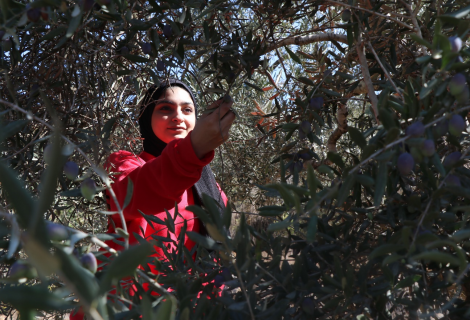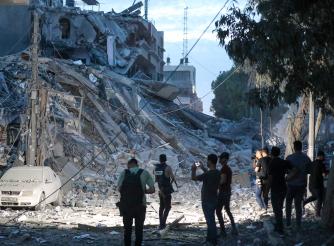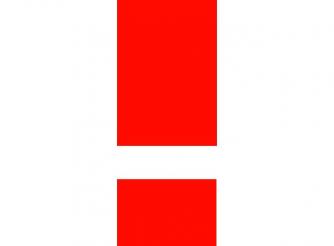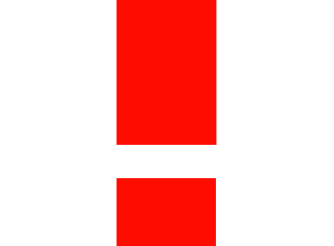Ancient tradition of olive harvesting under attack in West Bank

Ancient tradition of olive harvesting under attack in West Bank;
“They have prohibited us from entering the land to harvest the olives... More than once they shot at us”
While the eyes of the world focus on the horrifying humanitarian situation in Gaza, human rights abuses against the almost three million Palestinians living in the Occupied West Bank are on the rise. Since October 7, attacks on Palestinians by Israeli forces and settlers have spiked, killing at least 154 – 43 of them children – and leaving 2,100 people injured, according to the health ministry. More than 2,150 people have been arrested during frequent raids, according to the Palestinian Prisoner’s Society.
Amid the traditional olive harvest season – a time of great national significance for Palestinians – farmers have been forcibly prevented from reaching their olive trees or left too terrified of the risk of violence to travel to them, resulting in enormous economic loss.
Samar* is an olive farmer from Nablus Governate who has been prevented from accessing his harvest. He said:
"[The] area is about [200,000 square metres]. It contains 1,860 fruitful olive trees, [that are] 70 years’ old. The attacks on this piece of land have been occurring since [the year] 2000. Now in 2023, access to [the land] is completely prohibited. Israelis claim that because of the security situation, even watching it from the village or getting close to the land puts us in danger. More than once they shot [at] us. The land produces approximately three tons of oil [and] eight tons of olives. In 2019 and in 2013, [the land] was burned and trees were destroyed. This year, as [we farmers] say, agriculturally, it is a diamond year. [But] they have prohibited [us] from entering [the land] to [harvest] the [olives]."
Palestinians in the West Bank have had their freedom of movement drastically curtailed. Checkpoints have been closed, including between major cities like Bethlehem and Ramallah, and a strict lockdown enforced. Confined to their own community, people are unable to go about their daily lives and travel to their jobs, their schools, and health facilities.
Imad lives in Hebron, a city in the West Bank. He said:
“Since the events of October 7th, the Israeli military has imposed military law on this area. It’s subject to a curfew. People and residents are prohibited from moving and leaving their homes, life became very [difficult], specifically, with regard to children and the milk [rationing], and also for chronic diseases, patients who undergo dialysis, and patients who suffer from [other] chronic diseases.
“The checkpoints have increased. More than 15 checkpoints and a new military point have been added since October 7th until the present day.”
Abdallah* is a youth activist from the West Bank. In a voice note update, he said:
"As the death toll of Gaza [has] reached more than 10,000 people, we also had our share in the West Bank of the violence, as the levels of violence escalated rapidly during the war. [The] Israeli military has been carrying out arbitrary arrests for any Palestinian who speaks about what is happening to her or even show any kind of support to Gaza, even in social media.
"Refugee camps have been facing a lot of invasions by [the] Israeli military, killing and of course, closing all checkpoints preventing [the] movement of Palestinians between Palestinian major cities, which makes 2023 one of the deadliest years for Palestinians since The Nakba.”
The number of Palestinians forced from their homes has also increased. Since October 7, 15 communities have been totally or partially displaced, with around 828 people affected, according to UNOCHA. It comes in a year where over 12,855 settler housing units across the West Bank were built in the first six months of 2023 alone, according to the Israeli NGO, Peace Now – the most of any year on record. While settler attacks on communities across the West Bank were already high – and steadily increasing - before the crisis began, the last month has seen attacks more than double from an average of three incidents per day to seven, UNOCHA says.
Riham Jafari, Coordinator of Advocacy and Communication for ActionAid Palestine, said:
“Settler attacks on communities across the West Bank were already rising before the current crisis in Gaza started. Now, with the world’s gaze fixed on Gaza’s worsening catastrophe, Palestinians are being uprooted and displaced from their ancestral lands at gunpoint by Israeli soldiers and settlers as new settlements are built in complete violation of international law.”
The increase in checkpoints and attacks on communities across the West Bank is having an emotional and economic effect on Palestinians.
Riham said:
"The olive harvest season is usually a hugely special and joyful time for Palestinians, when families and friends come together to pick their olives and share food. But this year is very different. Farmers have been shot dead while harvesting their crops, while others have had their trees cut, uprooted, or set on fire. This is not just attack in economic terms – it is an attack on our very sense of national pride and identity as Palestinians.
“Daily life is rapidly becoming impossible for Palestinians in the West Bank. We live under constant surveillance, with no freedom to move around. With checkpoints closed, myself and other colleagues can’t even go to our ActionAid office in Hebron to do our jobs. Socialising has become a thing of the past, with many people too afraid to risk leaving their homes.“Palestinians in the West Bank are being treated like criminals, simply for trying to go about our lives. How much longer must we be humiliated, how many more freedoms must we lose?”
[ENDS]
* Names have been changed
Contact the ActionAid press office on uk.media@actionaid.org or on 07753 973 486.
Riham Jafari, Coordinator of Advocacy and Communication for ActionAid Palestine, is available for comment.
Please contact the press office to arrange.
About ActionAid
ActionAid is a global federation working with more than 41 million people living in more than 71 of the world’s poorest countries. We want to see a just, fair, and sustainable world, in which everybody enjoys the right to a life of dignity, and freedom from poverty and oppression. We work to achieve social justice and gender equality and to eradicate poverty.


